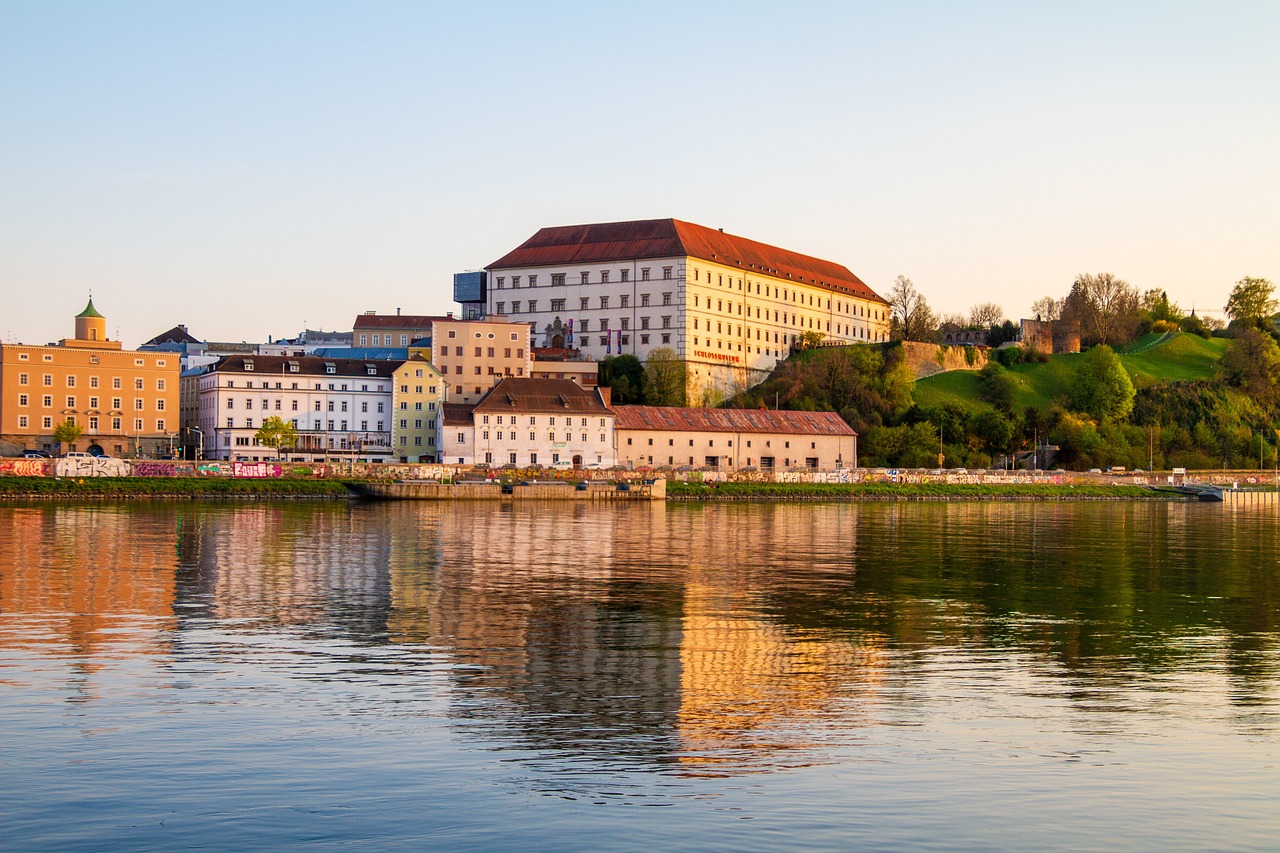The Impact of Wellness Tourism on Traditional Healing Practices: Integrating Modern and Indigenous Medicine
In recent years, there has been a noticeable surge in the popularity of wellness tourism. Travelers are increasingly seeking destinations that offer not just relaxation and leisure, but also opportunities for self-care and rejuvenation. This shift in travel preferences reflects a growing awareness of the importance of holistic well-being and the desire to integrate health-focused activities into leisure experiences.
Wellness tourism encompasses a wide range of offerings, from spa retreats and yoga retreats to mindfulness workshops and fitness camps. These experiences not only provide a break from the stresses of everyday life but also aim to promote mental, physical, and spiritual well-being. As more people prioritize wellness in their lifestyles, the demand for destinations that cater to these needs continues to grow.
The Importance of Traditional Healing Practices
Traditional healing practices have been utilized by various cultures around the world for centuries. These methods, often rooted in the use of natural remedies and spiritual rituals, play a crucial role in not only treating physical ailments but also addressing mental and emotional well-being. By incorporating traditional healing practices into modern healthcare systems, there is a recognition of the holistic approach to health that these methods advocate for.
Furthermore, traditional healing practices often emphasize the importance of prevention and maintaining balance within the body. This preventive aspect of traditional healing can help individuals cultivate healthier lifestyles and habits, reducing the likelihood of developing chronic diseases. Additionally, the cultural significance and spiritual elements embedded in these practices can provide a sense of connection and grounding for individuals seeking healing and wellness.
• Traditional healing practices emphasize natural remedies and spiritual rituals
• These methods address physical, mental, and emotional well-being
• Incorporating traditional healing into modern healthcare recognizes holistic health approaches
• Emphasis on prevention and balance within the body in traditional healing
• Helps individuals cultivate healthier lifestyles and habits
• Reduces likelihood of developing chronic diseases
• Cultural significance and spiritual elements provide connection for individuals seeking healing
• Traditional practices offer grounding for overall wellness
The Evolution of Modern Medicine
When we reflect on the evolution of modern medicine, it becomes clear that advancements in technology and scientific research have propelled the field forward at an unprecedented pace. The introduction of innovative treatments, diagnostic tools, and surgical techniques have revolutionized the way healthcare is delivered and have significantly improved patient outcomes.
Moreover, the shift towards personalized medicine, where treatment plans are tailored to individual genetic makeup and specific health needs, marks a paradigm shift in the healthcare industry. This individualized approach not only enhances the effectiveness of treatments but also minimizes potential side effects, ultimately leading to more successful and patient-centered care.
What is wellness tourism?
Wellness tourism is when individuals travel to different destinations with the primary purpose of improving their physical, mental, and emotional well-being.
How have traditional healing practices influenced modern medicine?
Traditional healing practices, such as acupuncture and herbal medicine, have played a significant role in shaping modern medicine by providing alternative methods of treatment and inspiring new therapies.
What are some examples of traditional healing practices that are still used today?
Some examples of traditional healing practices that are still used today include Ayurveda from India, Traditional Chinese Medicine, and Indigenous healing practices from various cultures around the world.
How has modern medicine evolved over time?
Modern medicine has evolved through advancements in technology, research, and evidence-based practices to provide more effective treatments and better outcomes for patients.





